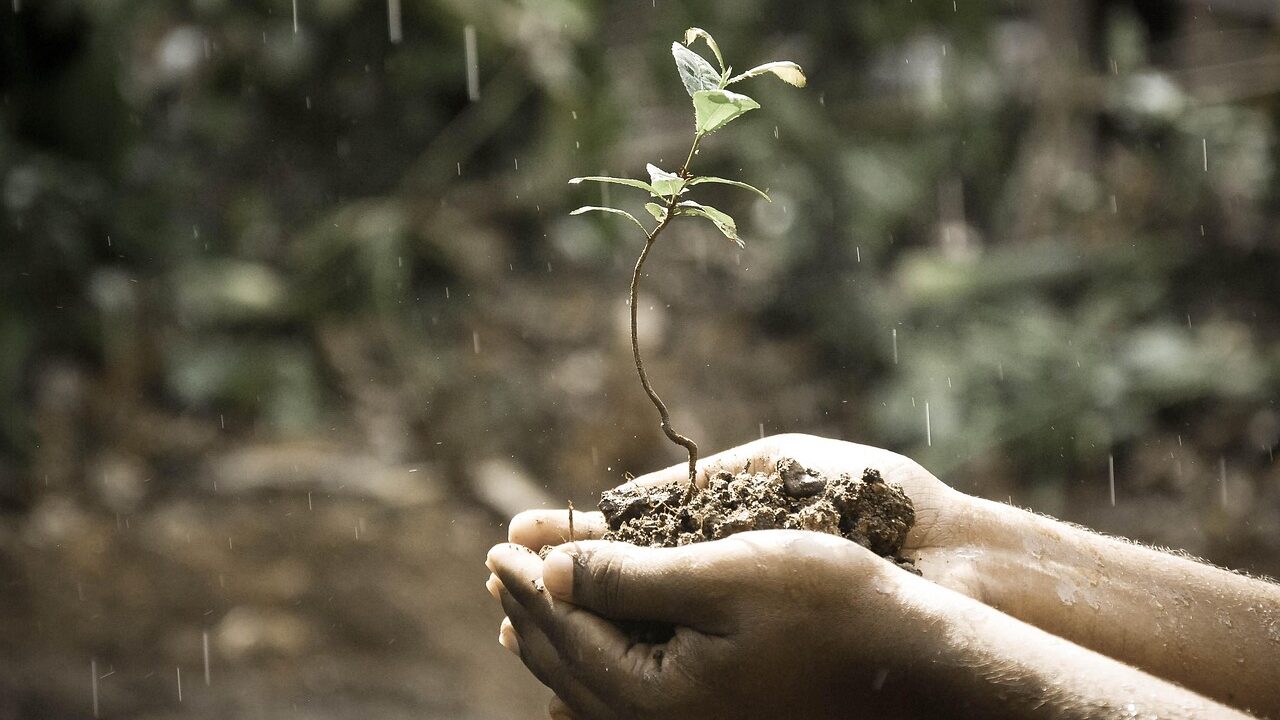Having coached players of various age groups, I’ve come to realize the importance of tailoring coaching approaches and practice plans to each player’s developmental stage. What may be an effective coaching technique or drill for one age group could be ineffective, or even harmful, to another.
Understanding the Player’s Developmental Stage
To be an effective coach, you must have a deep understanding of your players’ physical and mental development. You need to adjust your coaching approach by understanding the unique growth characteristics of each age group (elementary, middle, and high school).
Here’s a breakdown of coaching approaches for each stage of development.
“Pre-” Golden Age (Ages 3-8)
This is a crucial period for players to experience a wide variety of movements and acquire fundamental motor skills. It’s also a stage where it’s difficult for them to control their bodies precisely (e.g., trying to move their right foot but their left foot moves instead).
During this time, the goal should be to expose them to many different sports and activities to help them learn and memorize movements so they can eventually control their bodies as intended. Coaches should avoid getting stuck on a single sport like volleyball and instead incorporate other sports and game-like drills to provide diverse movement experiences.
Coaching in this stage should not focus on repetitive drills to ingrain formal movements. A coach who only focuses on short-term skill improvement might fall into the trap of overusing repetitive drills, which should be avoided.
Golden Age (Ages 9-11)
This is a period of remarkable neural development. If players have acquired basic movements during the “pre-” Golden Age, they can now learn and remember new movements almost instantly just by seeing them. This is an excellent time to learn new skills and develop good movement sense.
Since neural motor skills will last a lifetime, it’s vital to provide appropriate games and training during this highly effective period. Representative neural motor skills include coordination, balance, and flexibility. Monotonous, repetitive drills are not enough to enhance these abilities.
When planning a practice, coaches should set clear goals like, “What skill am I trying to improve with this drill?” to ensure they are enhancing overall neural motor skills. As with the previous stage, coaches should avoid focusing solely on short-term skill improvement.
“Post-” Golden Age (Ages 12-14)
By this stage, around 90% of a player’s nervous system is already formed. As neural growth slows, it becomes harder to see rapid improvement in motor skills. Therefore, repetitive drills become more necessary to improve the quality and functionality of the skills they’ve already acquired.
However, coaches must create engaging practice plans and incorporate a sense of competition (e.g., win-loss scenarios) to prevent drills from becoming monotonous.
This is also a period of significant physical growth for both boys and girls (girls generally develop earlier). It’s important to include physical conditioning to improve their stamina. However, the training should not be too strenuous to prevent injuries. Bodyweight exercises are a good place to start.
Adolescence (Ages 15-18)
At this stage, the nervous system is almost fully developed. The focus should be on further refining the motor skills and techniques they have already honed. Since their bodies are now closer to that of an adult, coaches can introduce more intense training and strength conditioning to build strength and resistance, which will further enhance their performance.
Also Consider Their Cognitive Development
When coaching youth, it’s crucial to understand their cognitive development, including their language and reasoning skills.
Naturally, these abilities increase as players mature from elementary to high school. It would not be effective to use complex language to coach a first-grader. Therefore, a coach must adjust their style to match the player’s cognitive ability.
The key concepts here are “embodied knowledge” and “scientific knowledge.”
Embodied knowledge is the intuitive, almost instinctive, understanding of a movement that is difficult to explain in words (like a “feel” for the game).
In contrast, scientific knowledge is the logical, efficient movement that a coach should be able to explain clearly using words.
From the perspective of these two concepts, using too many words to coach younger players is not effective because their cognitive abilities are still developing. They will learn more efficiently by getting to touch the ball a lot and experiencing a process of trial and error. As players get older, their ability to reason increases, so a language-based coaching style becomes more effective.
However, we should not view embodied and scientific knowledge as a simple dichotomy. A coach can’t take a purely one-sided approach. They must remember to adjust their coaching style based on each player’s age, personality, and cognitive ability.
The Importance of a Deep Understanding of the Player
To be an effective coach, it’s critical to understand your players’ developmental stages and adjust your approach, practice plans, and training load accordingly. If you can do this, you’ll be much closer to ideal coaching.
Relying solely on your past experiences without trying to understand your players will likely lead to mistakes. A coach must not just rely on personal experience but also gather information based on medical and scientific evidence to build a deep understanding of their players.
A coach must continue to learn.
“When you stop learning, you have to stop teaching.” – Roger Lemaire.


